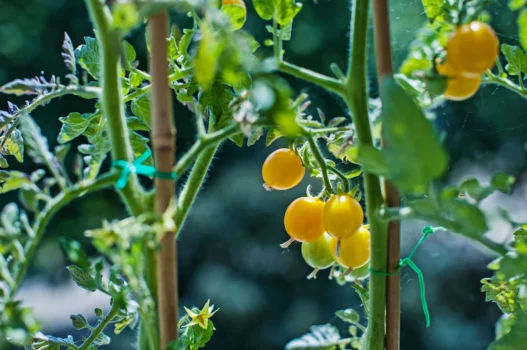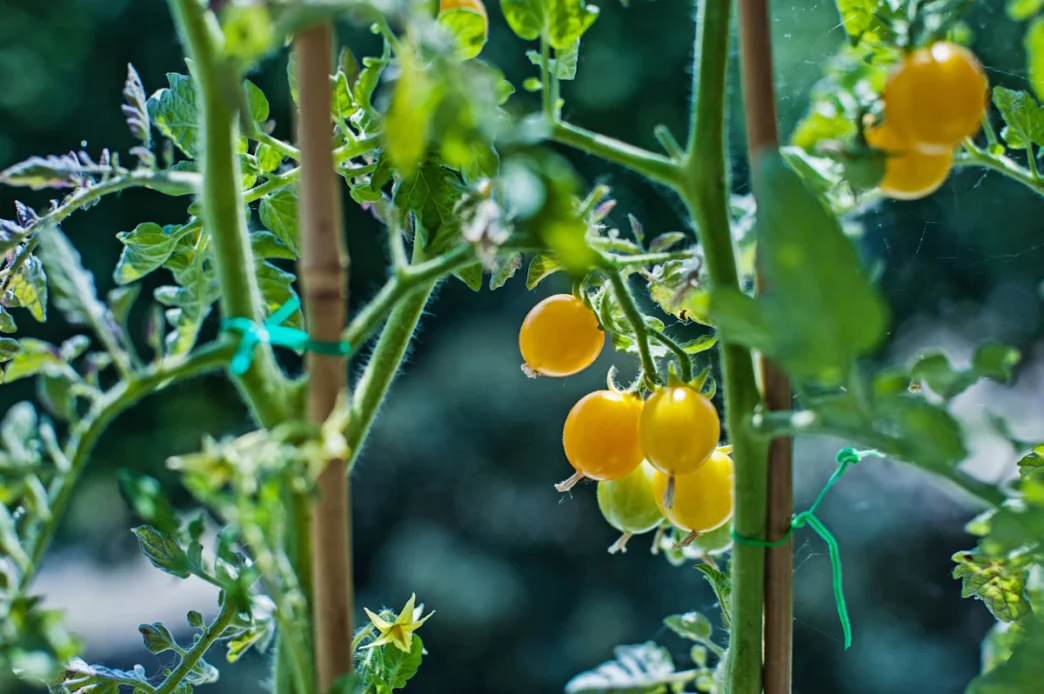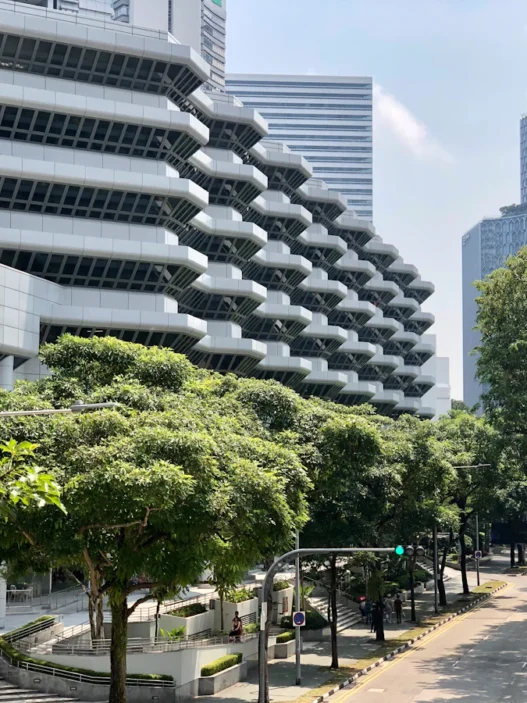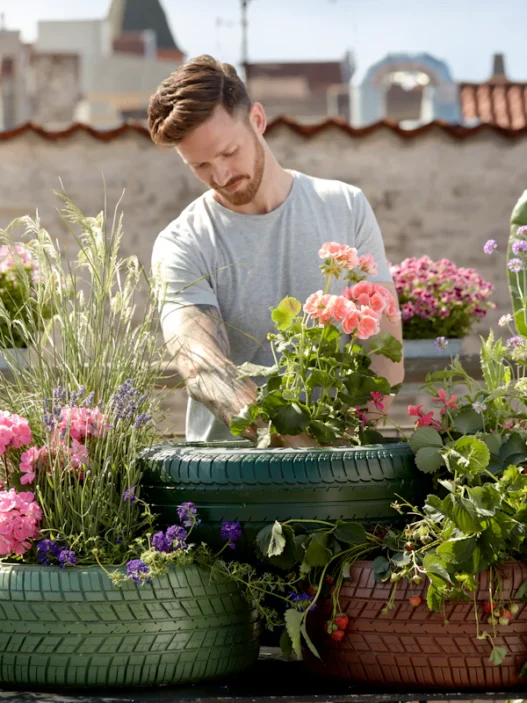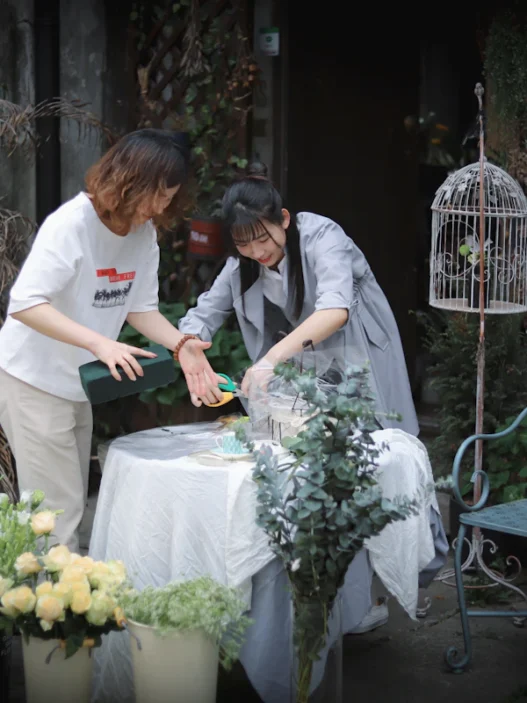Ever thought about where your next meal might come from if the supply chains break down? Urban gardening could be the answer to that question and so much more. It’s not just a trend; it’s a crucial part of ensuring food security for the future. Imagine a world where cities are not just concrete jungles but thriving green spaces providing fresh, healthy food.
Local Food Production
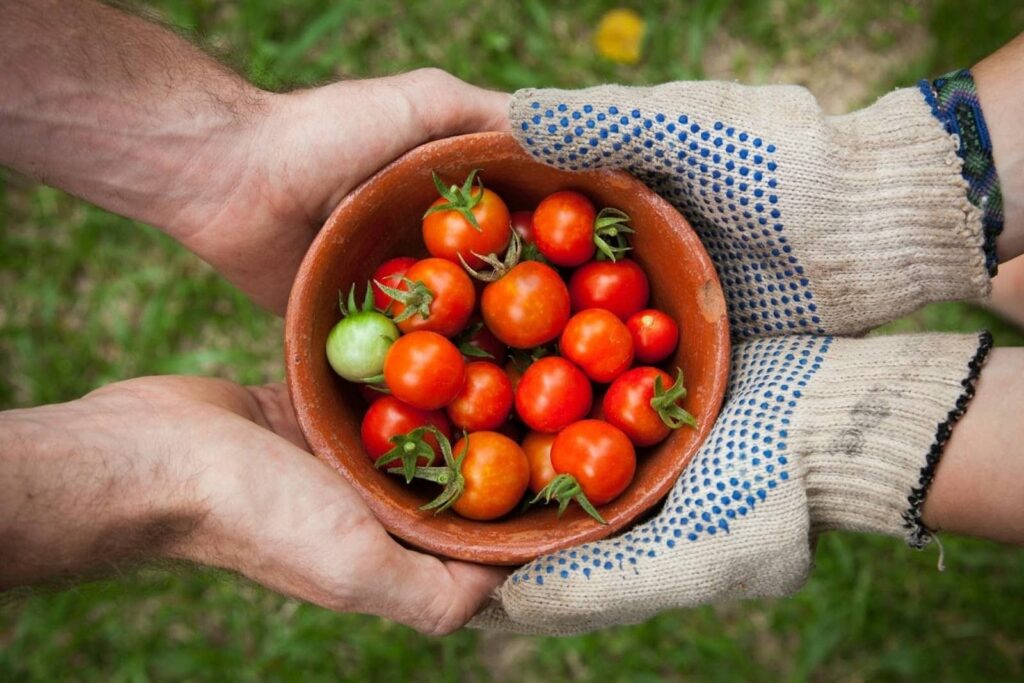
What if I told you that your backyard could be the key to solving food shortages? Urban gardening brings food production right to the heart of cities. By growing food locally, we reduce the need for long-distance transportation and ensure a steady supply of fresh produce.
Think about it: a tomato picked from your garden doesn’t need to be trucked across the country, saving fuel and reducing carbon emissions. Plus, locally grown food is fresher and often more nutritious. Imagine walking outside to pick your own vegetables—it’s convenient, sustainable, and incredibly satisfying. Urban gardening can also help address food deserts in urban areas where access to fresh produce is limited.
Reducing Dependence on Imports
But wait, it gets even better! Urban gardening can significantly reduce our dependence on imported food. Global supply chains are vulnerable to disruptions due to natural disasters, political instability, and pandemics. By cultivating food in urban areas, we can buffer against these disruptions.
Growing food locally means cities can become more self-reliant, ensuring that residents have access to essential nutrients even when global supply chains falter. Imagine the peace of mind knowing your city can sustain itself, no matter what happens in the world. This self-reliance can lead to greater food security and stability for urban populations, reducing the risk of food shortages and price spikes.
Supporting Local Economies

You won’t believe what happens next—urban gardening supports local economies. When you buy locally grown produce or grow your own, you’re putting money back into your community. This boosts local businesses and creates jobs in urban agriculture.
Farmers’ markets, community-supported agriculture (CSA) programs, and urban farms all benefit from increased local food production. Picture a bustling farmers’ market where neighbors support each other and local farmers thrive. It’s a vibrant, interconnected community. Urban gardening also encourages entrepreneurship and innovation in the food sector, leading to new business opportunities and economic growth.
Enhancing Resilience
Here’s the part that everyone misses—urban gardening enhances community resilience. In times of crisis, having a local food source can make all the difference. Urban gardens can provide food security during natural disasters, economic downturns, and other emergencies.
Communities that grow their own food are better equipped to handle unexpected challenges. They can share resources, support each other, and ensure that everyone has access to nutritious food. Imagine a community that stands strong together, no matter what comes their way—urban gardening makes it possible. This resilience extends beyond food security, fostering a sense of community and mutual support that can help neighborhoods thrive in difficult times.
Sustainable Practices
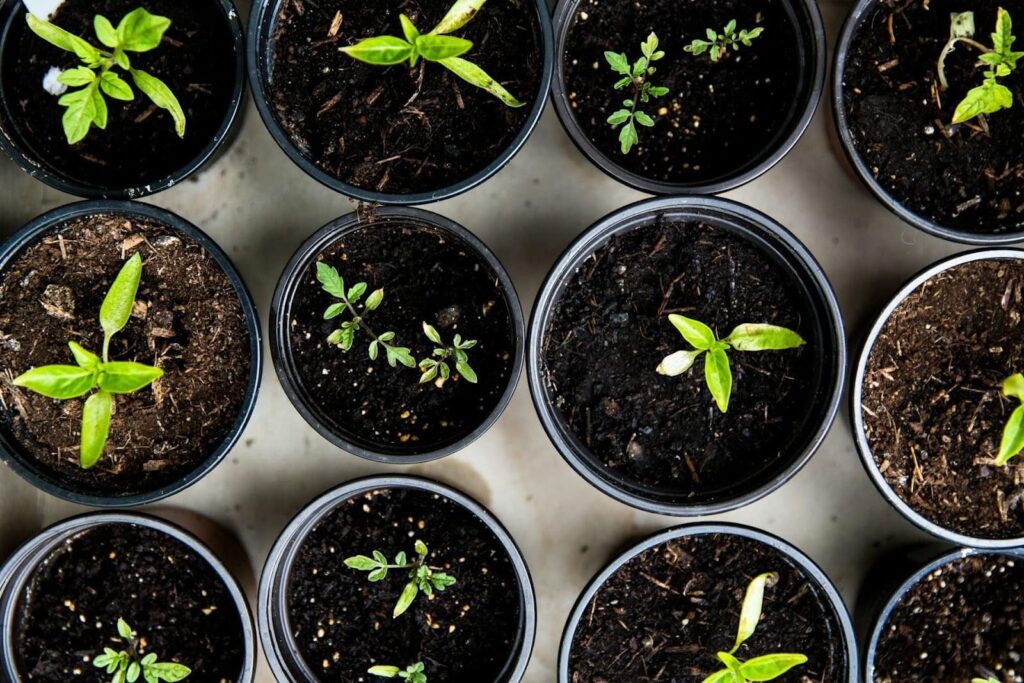
But wait, there’s more! Urban gardening promotes sustainable practices that benefit the environment. Techniques like composting, rainwater harvesting, and organic farming reduce waste and conserve resources.
By growing food sustainably, urban gardeners can minimize their environmental impact. Think about a garden that thrives on rainwater and compost—it’s eco-friendly and efficient. Sustainable urban gardening practices can also help mitigate the effects of climate change by reducing greenhouse gas emissions and promoting biodiversity.
Reducing Waste
Ever wondered what happens to all the food waste in cities? Urban gardening can help reduce this waste. Food scraps, leaves, and other organic materials can be composted and used to enrich garden soil.
Composting transforms waste into a valuable resource, closing the loop on organic waste. Imagine turning your kitchen scraps into nutrient-rich compost that makes your garden flourish—it’s recycling at its best. By reducing waste, urban gardening helps create a more sustainable and circular economy, where resources are reused and recycled instead of being discarded.
Increasing Food Diversity
Here’s a surprising benefit—urban gardening increases food diversity. When you grow your own food, you can cultivate a wide variety of fruits and vegetables that might not be available in stores.
This diversity is essential for a balanced diet and can introduce you to new, exciting flavors. Imagine a garden bursting with different colors, shapes, and tastes—it’s a feast for the senses. Urban gardening also promotes the preservation of heirloom and rare plant varieties, contributing to the protection of agricultural biodiversity.
Community Involvement

But wait, it gets even better—urban gardening fosters community involvement. Community gardens bring people together, creating spaces where neighbors can connect, share knowledge, and support each other.
Gardening projects can bridge cultural and generational gaps, fostering a sense of belonging and cooperation. Picture a vibrant community garden where people of all ages and backgrounds come together to grow food and build friendships—it’s community spirit in action. Urban gardening can also provide educational opportunities for children and adults, teaching valuable skills and promoting environmental stewardship.
Climate Change Adaptation

You won’t believe what happens next—urban gardening helps cities adapt to climate change. Plants absorb carbon dioxide and produce oxygen, mitigating the effects of urban pollution. They also provide shade and cool down city areas, reducing the urban heat island effect.
By incorporating green spaces into urban planning, cities can become more resilient to climate impacts like heat waves and heavy rainfall. Imagine a cooler, greener city that’s better equipped to handle climate change—urban gardens make it possible. Urban gardening can also help reduce stormwater runoff and improve water management, further enhancing the resilience of urban areas to climate change.
Policy Support
Here’s the part that everyone misses—policy support is crucial for the success of urban gardening. Local governments can play a vital role by providing land, resources, and incentives for urban agriculture.
Policies that support urban gardening can transform vacant lots into productive spaces, encourage rooftop gardens, and integrate gardening into urban planning. Think about the potential when cities prioritize green spaces and food security—it’s a win for everyone. Policy support can also help address barriers to urban gardening, such as zoning restrictions and lack of funding, making it easier for communities to start and maintain urban gardens.
Greener Future, Secure Food
Urban gardening is not just a hobby; it’s a critical component of future food security. By growing food locally, reducing dependence on imports, supporting local economies, and enhancing community resilience, urban gardens are paving the way for sustainable cities. Imagine a future where every city is a green, thriving ecosystem, providing fresh, healthy food for all its residents. It’s not just a dream—it’s happening now.









